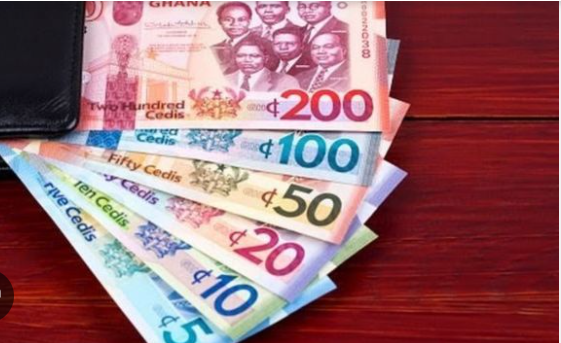World Bank reveals 22% of Ghanaians borrow from mobile money to survive
)
A significant number of Ghanaian adults, 22% to be exact, are now taking out loans using mobile money. This trend has really pushed up the overall number of people borrowing from official sources, with 74% of adults now considered 'formal borrowers', according to the World Bank's 2025 Global Findex Report.
The report specifically stated that "In Ghana, the rise in borrowing through a mobile money account between 2021 and 2024 drove an overall increase in formal borrowing over that period."
)
While men and women in Ghana, Kenya, and Uganda borrow roughly the same amount of money overall, the way they use mobile money loans differs by gender. In Ghana, women are 4% less likely than men to get a loan from a mobile money provider. This gap is much larger in Kenya and Uganda, at 16% and 13% respectively. Similar differences in borrowing habits are also seen between the wealthiest 60% of households and the poorest 40%.
For the first time, the 2025 Global Findex also looked into other types of digital credit, not just mobile money. It found that 1% of adults in lower and middle-income countries, including 3% in Sub-Saharan Africa, borrowed exclusively through their mobile phones, without using a mobile money account, a bank, or a credit card.

Interestingly, all seven countries worldwide where at least 5% of adults reported borrowing this way are in Sub-Saharan Africa. However, this type of digital credit isn't currently included in the official definition of formal borrowing due to the relatively small number of users and a lack of clarity on who provides these loans.
)

)
)
)
,fit(112:112))
,fit(112:112))
,fit(112:112))
)
)
,fit(112:112))